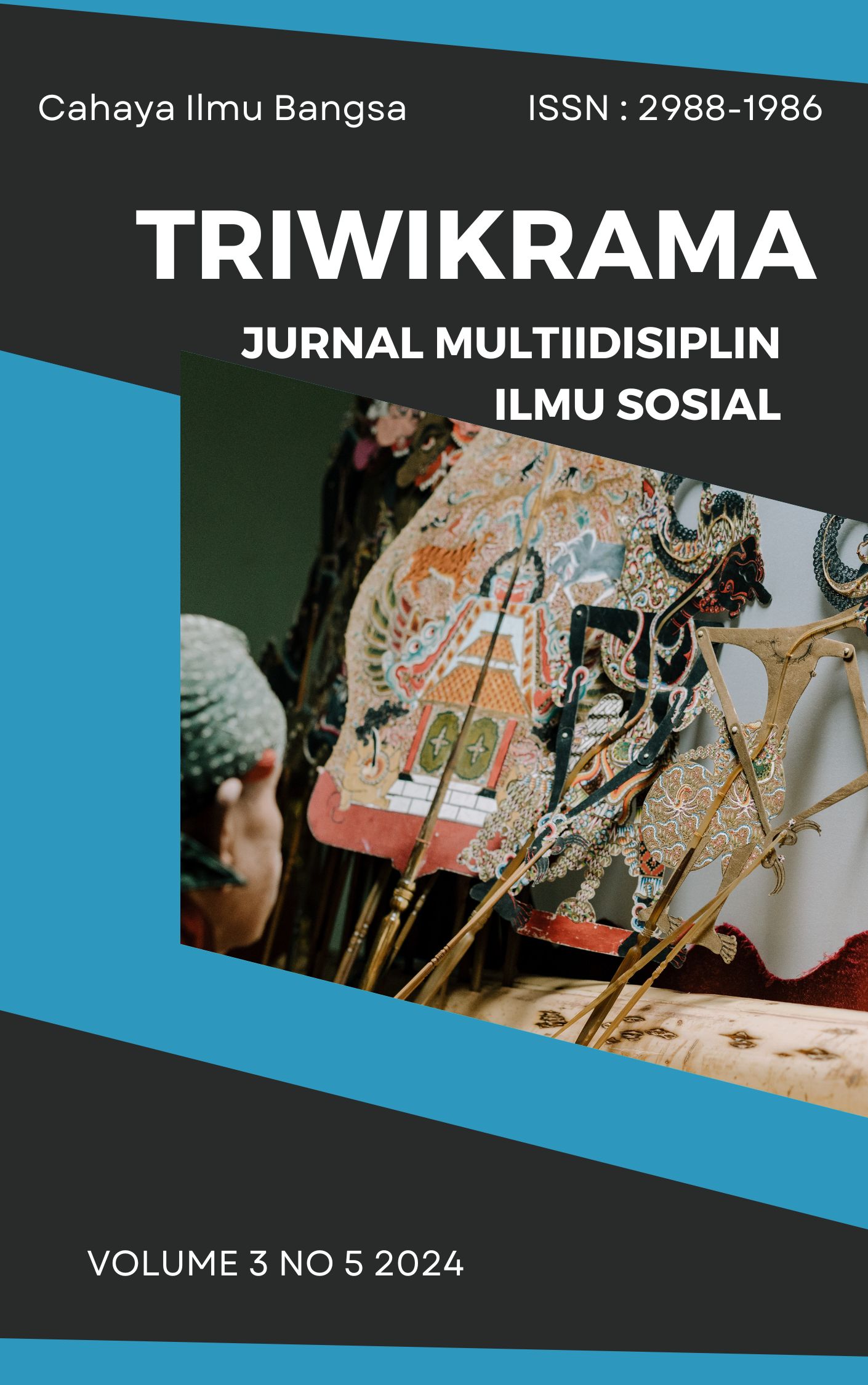SISTEM EKONOMI ISLAM PADA MASA KHULAFAUR RASYIDIN: STUDI HISTORIS DAN RELEVANSINYA TERHADAP EKONOMI MODERN
DOI:
https://doi.org/10.9963/fpwv3910Keywords:
Islamic Economics, Khulafaur Rasyidin, Baitul Mal, distributional justice, modern economics, Islamic historyAbstract
This study aims to examine the Islamic economic system during the era of the Khulafaur Rasyidin (632–661 AD) with a historical approach and critical analysis of its relevance in the context of modern economics. The reign of the first four caliphs (Abu Bakar, Umar, Uthman, and Ali) was a formative period in the practical application of Islamic economic principles, including the management of Baitul Mal, the implementation of zakat and taxes (kharaj, jizyah), wealth distribution, and trade and market policies. This study uses primary sources in the form of classical Islamic literature, historical books, and hadiths, and is analyzed qualitatively to understand the basic economic values applied. The results of the study show that the economic system during the Khulafaur Rasyidin era emphasized distributive justice, balanced ownership between individuals and the state, and the role of the state as an economic regulator that guarantees the welfare of the people. These values have high relevance to contemporary economic challenges such as social inequality, economic moral crisis, and extreme capitalist practices. This study contributes to the development of modern Islamic economic discourse based on historical heritage and prophetic values.
References
Agustina, I. F. (2024). Buku ajar pengantar sistem ekonomi Indonesia. Umsida Press.
Antonio, M. S. (2011). Bank syariah: Dari teori ke praktik. Gema Insani.
Ascarya. (2007). Akad dan produk bank syariah. RajaGrafindo Persada.
Hitti, P. K. (2006). History of the Arabs: Sejarah lengkap bangsa Arab (R. C. L. Yasin, Trans.). Serambi.
Islami, A. (2021). Ekonomi Islam: Konsep dan Aplikasi dalam Sejarah. Jakarta: Prenada Media Group.
Karim, A. A. (2004). Sejarah pemikiran ekonomi Islam. RajaGrafindo Persada.
Kementerian Agama RI. (2022). Al-Qur’an dan Terjemahannya. Jakarta: Lajnah Pentashihan Mushaf Al-Qur’an.
Mulyadi, D. (2021). Relevansi ekonomi Islam dalam menjawab tantangan ekonomi modern. Jurnal Ekonomi dan Bisnis Islam, 5(2), 145–160.
Nasution, M. (2020). Baitul Mal dan sistem fiskal pada masa Khulafaur Rasyidin. Jurnal Sejarah dan Peradaban Islam, 3(1), 22–35.
Sudrajat, Y., Basmar, E., Surachman, A. E., & Sirojudin, H. A. (2024). Perekonomian Indonesia: Teori dan implementasi kebijakan. Sada Kurnia Pustaka.
Suyanto, B. (2013). Masalah sosial kontemporer. Kencana.
Syihab, Q. (2022). Sejarah Ekonomi dalam Peradaban Islam. Bandung: Mizan Pustaka.
Tampubolon, A. S., Syaiful, M., Savila, I. D., Suseno, B., Solikin, A., Boari, Y., & Murtopo, A. S. (2023). Ekonomi modern: Dasar-dasar dan implikasinya. Yayasan Literasi Sains Indonesia.
Zainuddin, M. (2015). Relevansi ekonomi Islam dalam konteks globalisasi ekonomi. Jurnal Ekonomi Islam, 9(2), 135–147.
Zuhdi, M. (2007). Kebijakan ekonomi Khalifah Umar bin Khattab. UII Press.
Downloads
Published
Issue
Section
License

This work is licensed under a Creative Commons Attribution-NonCommercial-ShareAlike 4.0 International License.










